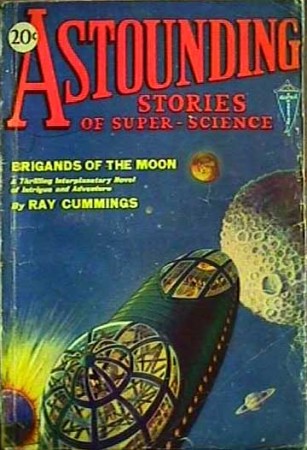
First in a series of interviews with experts, owners, users, fans and haters of social media, to map the different views on this topic, outside the existing discussions surrounding privacy.
Rob Myers is an artist, writer and hacker based in Peterborough, England. He is part of the GNU Social team. GNU social is a decentralized social network that you can install on your own server. Project catchphrase:
What if you could authorize your server to reveal as much, or as little information about you to other sites, as you wish… one time, one day, or forever?.
Social networks are often in the news, why do you think this is?
Often it’s moral panics of the sort that accompany the spread of any new technology. But there’s a growing awareness in old media that social networking software sites are starting to gain the kind of hold on human communication that postal, telegraph, and telephone networks have had in the past. That kind of power is always abused. Old media used to and still does where it can. (more…)